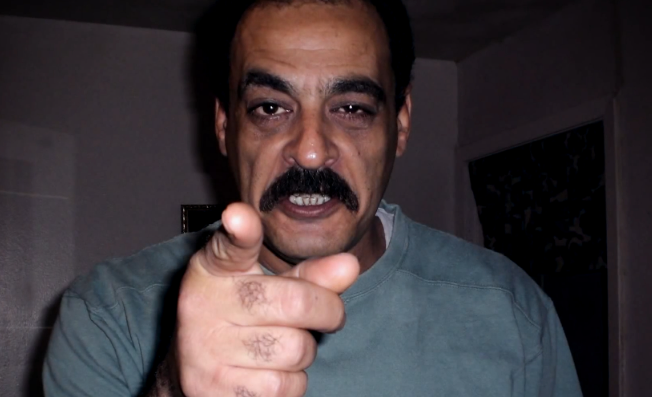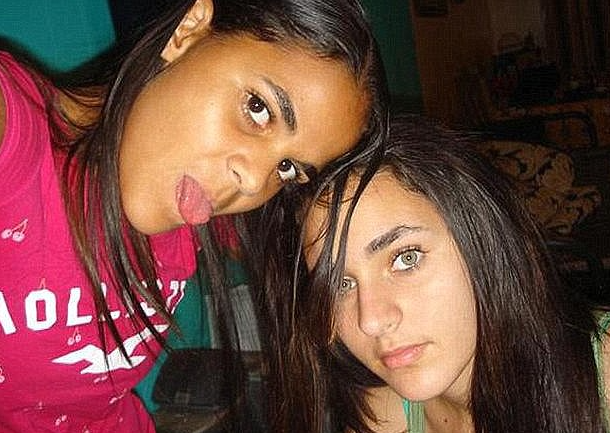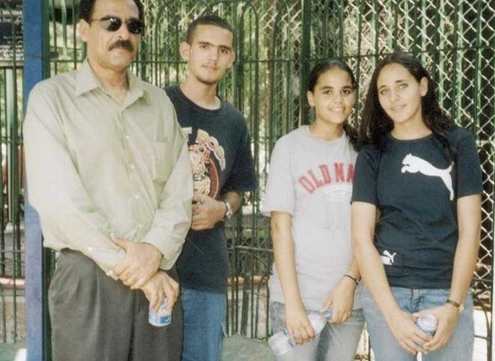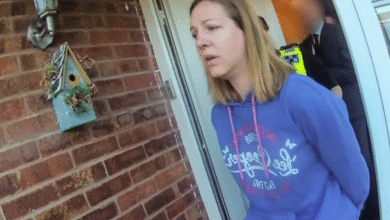Yaser Abdel Said case

The Yaser Abdel Said Case (USA, 2008) – When “Honor” Becomes a Pretext for Brutal Murder
I. Overview
The case of Yaser Abdel Said is one of the most infamous honor killings to have occurred on American soil. On January 1, 2008, Yaser Said, an Egyptian-born father, brutally murdered his two daughters — Amina Said (18) and Sarah Said (17) — claiming they had dishonored the family by adopting Western lifestyles and dating non-Muslim boys.
This case shocked the American public and sparked intense debate over the issues of honor-based violence, cultural conflicts within immigrant communities, and the failure of legal systems to adequately protect victims from abuse within their own families.

II. Family Background
Yaser Abdel Said immigrated to the United States from Egypt in 1983. He married Patricia Owens, a white American woman, when she was just 15 years old — Yaser was nearly 30 at the time. They had three children: one son and two daughters, Amina and Sarah. The family lived in Irving, Texas.
Despite living in the U.S. for over two decades, Yaser held on to strict, conservative Islamic beliefs and an authoritarian mindset. He exercised severe control over his daughters, forbidding them from dating, dressing in a Western manner, or engaging in any behaviors he deemed inappropriate. Family and friends later recounted his abusive behavior, including beatings, threats, and constant surveillance.
Amina and Sarah were known to be bright, sociable, and high-achieving students who were well-liked by their peers. Both girls had boyfriends — a fact that infuriated their father. To Yaser, their relationships represented a shameful violation of family honor.

III. Warning Signs Before the Murders
Long before the fatal incident, there were numerous red flags indicating the danger Yaser posed to his daughters:
-
Domestic Abuse: Patricia once filed for divorce in 1999, citing repeated physical and emotional abuse toward both her and the children. Amina wrote in an email to a teacher that her father had beaten her so badly that she vomited blood.
-
Sexual Harassment: Amina also told friends and teachers that her father had sexually harassed her starting at age 8. However, these claims were never thoroughly investigated, partly due to lack of evidence and family pressure.
-
Attempt to Escape: Just days before the murders, Patricia fled Texas with her daughters to Oklahoma to hide from Yaser. Amina confided in friends that if they ever returned, her father would kill her.
Unfortunately, for reasons still debated — whether due to manipulation, fear, or coercion — Patricia returned to Texas with the girls just before New Year’s Day. That decision would prove fatal.
IV. The Brutal Murders
On the evening of January 1, 2008, Yaser took his daughters in his taxi under the pretense of taking them out to dinner. Instead, he drove them to a parking lot in Irving, Texas. There, he pulled out a gun and shot both girls multiple times inside the car.
Despite her critical injuries, Sarah managed to call 911. Her final, chilling words were: “My dad shot me… I’m dying…”
By the time police arrived, both girls were dead. Yaser fled the scene and vanished. The cold-blooded killing of two young, bright girls by their own father left the country in shock and mourning.
V. A 12-Year Manhunt
Immediately after the murders, Yaser Abdel Said was placed on the FBI’s Ten Most Wanted Fugitives list. However, he managed to evade capture for 12 years, despite numerous searches and leads.
Evidence later showed that he was aided by family members, including his son and brother, who helped him hide and evade law enforcement. They were later arrested and convicted for harboring a fugitive.
Finally, on August 26, 2020, the FBI captured Yaser in Justin, Texas after a complex surveillance operation. He was arrested and held in custody to await trial for capital murder.
VI. Trial and Sentencing
Yaser’s trial took place in 2022, where prosecutors presented compelling evidence of his years of abuse, controlling behavior, and premeditated murder. The 911 call from Sarah, Amina’s writings, and testimonies from friends and family painted a harrowing picture of a household ruled by fear.
On August 9, 2022, a jury found Yaser guilty of two counts of capital murder. He was sentenced to life in prison without parole.
VII. Social Impact and Legacy
The Said case sparked widespread discussions on several fronts:
-
Honor-Based Violence in the U.S.: While rare, the case underscored that honor killings can and do occur in Western countries. Activists urged more awareness and education around this form of violence, especially in immigrant communities.
-
Failures in the Protection System: Despite numerous warning signs, the system failed to protect Amina and Sarah. Advocates have called for stronger mechanisms to detect and intervene in cases of familial abuse, particularly in culturally sensitive contexts.
-
Role of Community and Education: Schools, peers, and local communities must be proactive in recognizing signs of domestic abuse and supporting vulnerable individuals, particularly girls caught in strict, patriarchal family environments.
VIII. Conclusion
The deaths of Amina and Sarah Said remain a heartbreaking tragedy — not just for their family, but for society at large. No concept of “honor” can ever justify murder. No cultural belief should override a person’s basic human rights and freedom.
The Yaser Abdel Said case stands as a grim reminder that freedom and dignity must be safeguarded — not only by laws, but also by compassion, vigilance, and collective responsibility.





